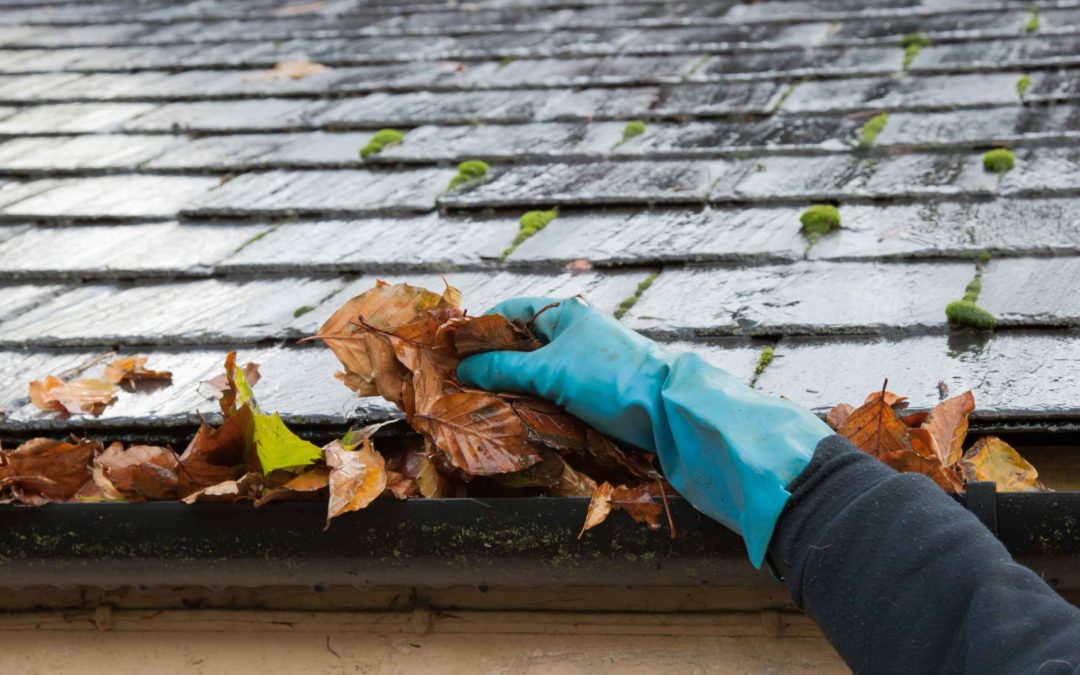Hurricanes are colossal storms that form over warm ocean water and bring deadly winds and rainfall. But, just because they originate over the ocean doesn’t mean it’s where they stop. According to Ready.gov, hurricanes can move and affect land more than 100 miles inland, bringing heavy rainfall, high winds or even tornadoes. So, this hurricane season (June 1 to November 30), anyone in the area should take preventative measures to prepare for a hurricane.
Here are five tips to keep your home or business safe:
- Clean your gutters. Clogged and cluttered gutters can increase the risk of flooding, so try to clear them before signs of a severe storm.
- Protect your windows with storm shutters. Hurricanes bring intense winds, which can lead to airborne debris. To protect the windows in your home or business, we recommend investing in storm shutters. Permanent storm shutters work best. However, marine or 5/8-inch exterior-grade plywood may work as an alternative (if storm shutters aren’t available to you).
- Know where to go. If you’re near a coast, your home or business may not be a safe place. Make a mental list of storm shelters near you, or friends and family who live further inland. Then, in the days leading up to an expected storm, make sure you have a full tank of gas and an emergency kit in your car.
- Have an evacuation plan. Once you know where to go, make sure you’re familiar with alternate ways to get there. Oftentimes, routes will close during severe storms, so it’s important to have a backup (or two).
- Avoid contact with floodwater. One foot of moving water can sweep away your vehicle, and just six inches can knock you off your feet. Additionally, floodwater is often contaminated by sewage and waste – carrying debris and possibly power lines that can charge the water or cause injuries.
Throughout a hurricane, be sure to monitor the weather and listen to the instructions authorities give. According to National Geographic, a lull in the storm often signifies the eye of the storm. So, don’t assume it’s over until you’re told it’s safe to resume normal activity.
Want even more tips to prepare for a hurricane? Download the Hurricane Safety Checklist from the Red Cross. Then, talk to an independent insurance agent near you. Ask if you have the proper protection for a natural disaster and get more information about flood insurance/government resources.


